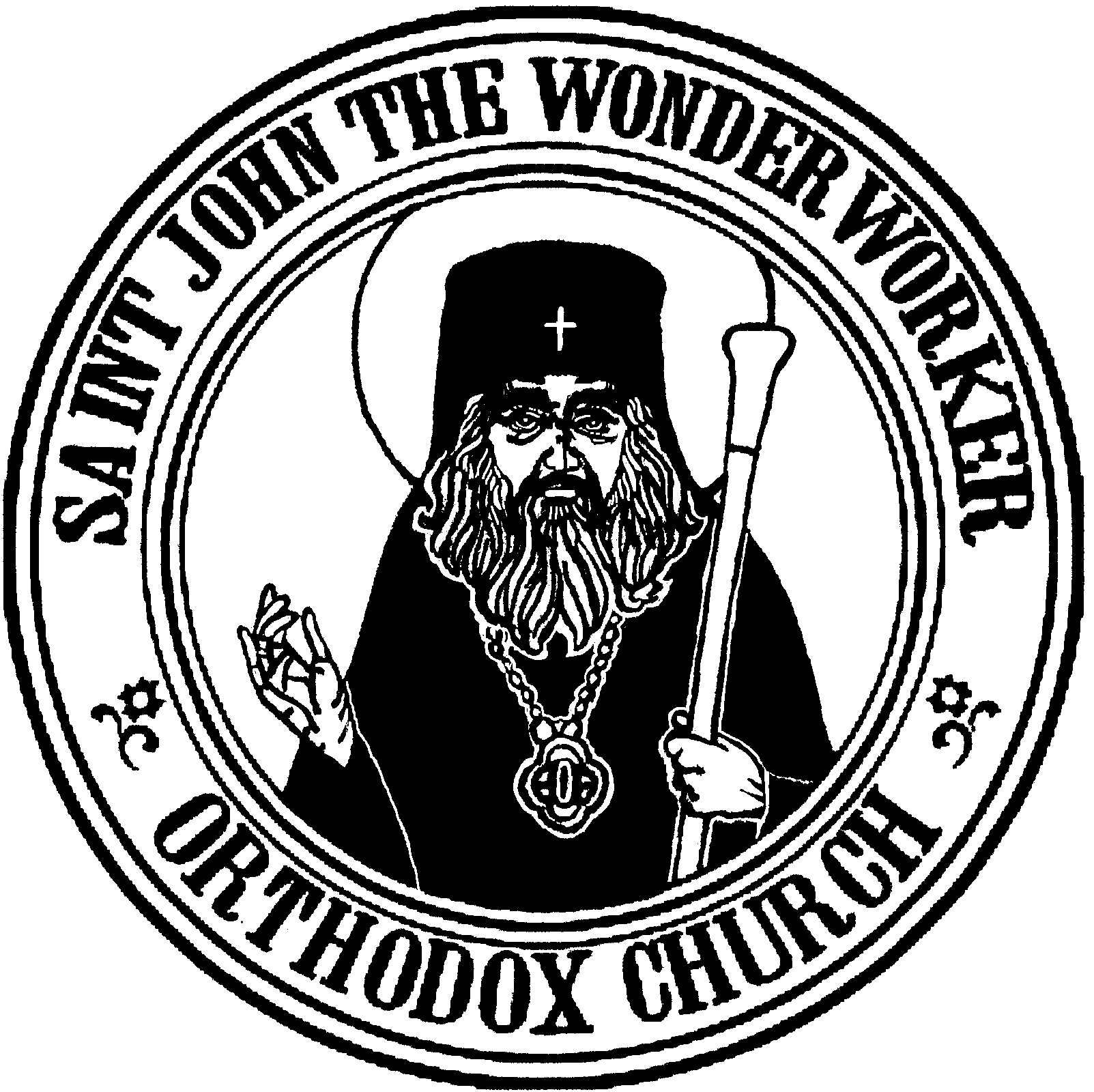Fr Andrew Damick on the Annunciation
Annunciation of the Theotokos, 2012
In the Name of the Father and of the Son and of the Holy Spirit, one God. Amen.
Metropolitan Anthony Bloom, who was the Orthodox Church of Russia’s bishop in London from 1957 to 2003, in the opening paragraphs of his book Beginning to Pray, directly addresses what is perhaps the most central struggle and disappointment of anyone who has ever even begun to contemplate whether there is a God or gods—namely, the absence of God. His book is about what its title suggests, beginning to pray, and he writes the following:
At the outset there is, then, one very important problem: the situation of one for whom God seems to be absent. This is what I would like to speak about now. Obviously I am not speaking of a real absence—God is never really absent—but of the sense of absence which we have. We stand before God and we shout into an empty sky, out of which there is no reply. We turn in all directions and He is not to be found (pp. 25-26).
Is this not so for each of us who have ever wondered whether there is indeed a God? Such a question comes into the hearts even of those who have believed for their whole lives that God is real and that He loves us. Sometimes, in the dark of the night, or perhaps in the midst of some nightmare of suffering that seems to have no meaning, as Metropolitan Anthony says, “We stand before God and we shout into an empty sky, out of which there is no reply.”
In some ways, this sense of God’s absence, that we are missing Him—which is not quite the same as simply having no sense of His presence—is a peculiarly modern problem. You see, as one looks at the history of mankind on this Earth, there is hardly a question to anyone almost anywhere at any time that there is some God or gods, “a divinity that shapes our ends, rough-hew them how we will,” in the words of Shakespeare’s Hamlet. Gods and demons and sprites and elves and faeries and spirits—all of these things were quite real to our forebears. They knew for certain not merely that they “believed in” such things, but that they had real evidence for their existence, that they interacted with them, that they were a normal, everyday part of life.
I mention all this because our thoughts turn today to one of the greatest of the feasts of the Christian year, the Annunciation—that moment when the invisible, immaterial God becomes incarnate as a human person in the womb of the Virgin Mary, at the announcement of the Archangel Gabriel and which we confess in our Creed. So why is former generations’ sense of the reality of the divine relevant to this feast? It is because the world into which God chose to become incarnate was not one that didn’t think He was “out there.”

